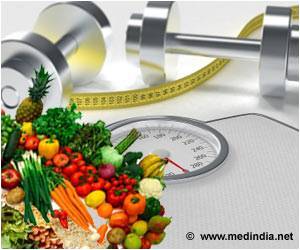Diet taken by elderly people may not affect their health, says a study. However, those who are wise with their food intake are likely to enjoy good health.

It is generally known that the western diet contains a lot of fat and refined sugar, both of which contribute to conditions such as obesity, cardiovascular diseases and diabetes.
However, until now the effect of this form of diet has not been properly characterized for older people, and that is what this study attempts to do.
In the current study, almost the first of its kind, an attempt was made to evaluate the effect of nutritional status on the health of 20,000 older people living in Pennsylvania State out of which 449 individuals were followed up after five years. The average age of the subjects was 76.5 years at the start of study.
Assessment was carried out by calling the participants 4 to 5 times during a 10- month period to find out what their diet was during the past 24 hours.
The participants were categorized as belonging to any one of the three diet patterns –
b) "Health-conscious" pattern – This group consumed more of food items such as noodles, pasta, rice, whole fruit, poultry, fish, nuts, and vegetables. They ate very little fried vegetables or processed meats and their consumption of soft drinks too was very low.
The patients’ outpatient electronic medical records were used to monitor the development of cardiovascular disease, diabetes mellitus, hypertension or metabolic syndrome during the five-year follow up period.
No significant link was found between dietary pattern and the prevalence of any of these diseases. However, an increased risk for hypertension was observed in those with the "sweets and dairy" food pattern.
The study points to the fact that severe dietary restrictions do not make much sense since all the participants were already of an advanced age. However, it must be conceded that those who were strict with their diets had better health outcomes.
The results of this study have been published in the Journal of Nutrition Health and Aging.
Source-Medindia















